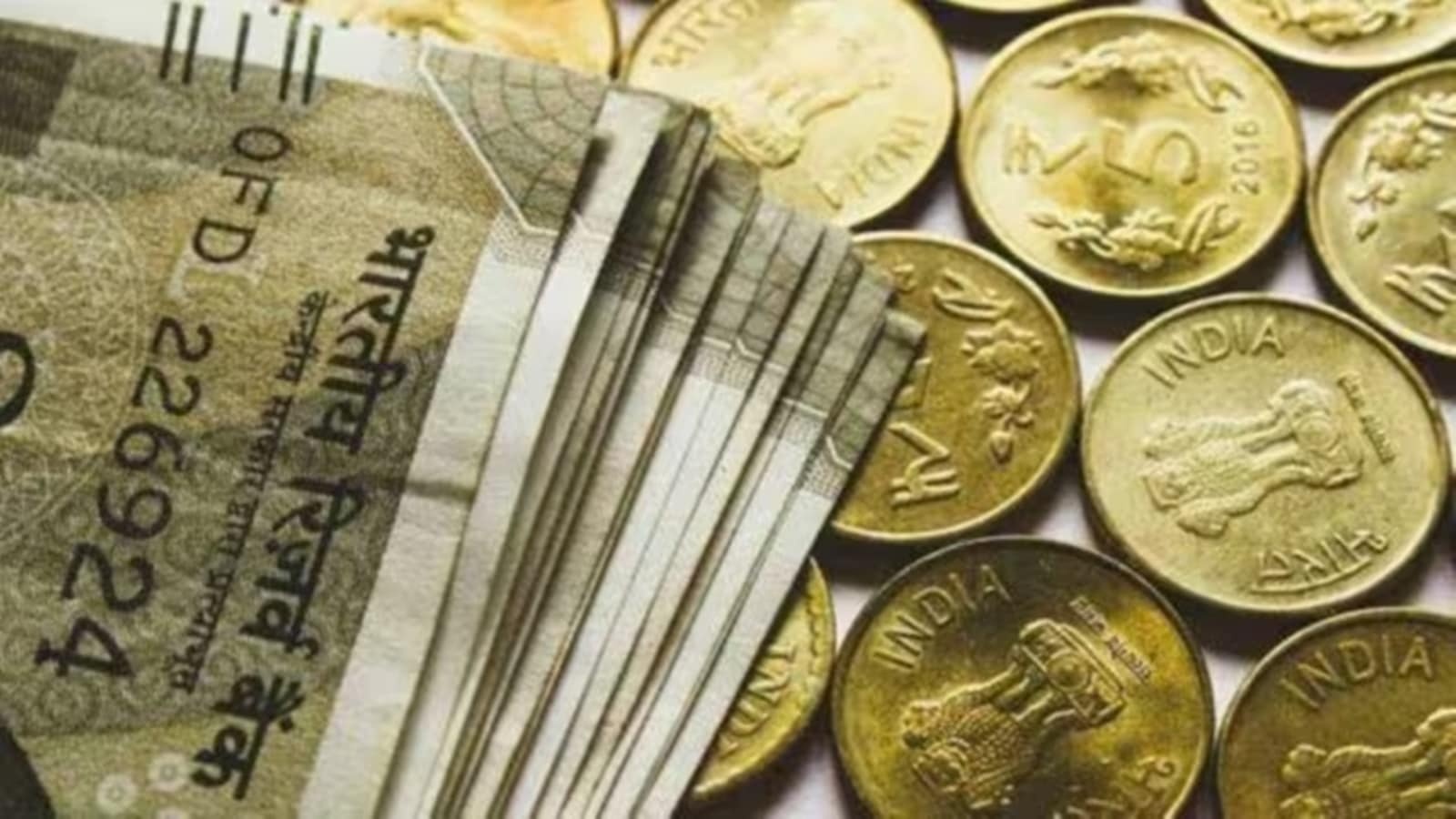
Government Announces 2% Dearness Allowance Increase for Central Staff
The Indian government has sanctioned a significant financial adjustment for central government employees and pensioners, with the Union Cabinet approving a 2% increase in Dearness Allowance (DA) and Dearness Relief (DR) effective from January 1, 2025. This decision, announced by Prime Minister Narendra Modi, aims to safeguard the purchasing power of government workers amid rising inflation. The adjustment will elevate DA and DR to 55% of basic pay or pension, a move that reflects the government’s commitment to addressing economic pressures faced by its workforce. The revision follows the recommendations of the 7th Central Pay Commission, ensuring alignment with long-term financial planning. This development is expected to benefit over 48.66 lakh employees and 66.55 lakh pensioners, marking a critical step in maintaining financial stability for these groups.
Financial Implications and Inflation Mitigation Strategy
The proposed hike will incur an annual cost of approximately Rs 6,614.04 crore for the exchequer, highlighting the government’s prioritization of employee welfare despite fiscal constraints. The DA and DR adjustments are designed to counteract the effects of inflation, which has been a persistent challenge for households and public sector workers. By increasing the allowance to 55%, the government seeks to ensure that employees can maintain their standard of living despite fluctuating price levels. The decision underscores the importance of periodic revisions to these allowances, which are calculated based on the Consumer Price Index (CPI) and other economic indicators. This approach not only supports current employees but also reinforces the government’s role in providing social security to retirees.
Contextualizing the Hike Amid Previous Adjustments
This 2% increase builds on the 3% DA hike approved by the Union Cabinet in the previous year, which raised the rate from 50% to 53% of basic pay. The current adjustment represents a strategic continuation of efforts to stabilize the financial landscape for government workers. The government emphasized that the additional instalment is intended to compensate for recent price surges, particularly in essential commodities. The policy also reflects broader economic management strategies, balancing fiscal responsibility with the need to protect the livelihoods of public sector personnel. By aligning DA revisions with inflationary trends, the government aims to foster long-term financial resilience among its workforce.
Broader Implications for Public Sector Workers
The DA hike is part of a larger framework to ensure equitable compensation for central government employees, who often face unique challenges such as limited job mobility and reliance on fixed income. The adjustment is expected to alleviate financial strain, particularly for pensioners who depend on stable income sources. However, the decision also raises questions about the sustainability of such measures in the face of rising fiscal demands. Critics argue that while the hike is welcome, it may require careful monitoring to avoid long-term budgetary pressures. Nonetheless, the government’s proactive approach to addressing inflationary impacts demonstrates its commitment to maintaining the welfare of its public sector workforce.
Future Outlook and Policy Relevance
As the nation grapples with economic uncertainties, the DA and DR adjustments serve as a testament to the government’s focus on social security and financial stability. The 2% increase is a crucial step in ensuring that employees and pensioners can navigate inflation without compromising their quality of life. Moving forward, the government will need to balance these welfare measures with fiscal prudence, ensuring that such adjustments remain viable in the long term. The policy also highlights the importance of periodic reviews of compensation structures to adapt to changing economic conditions. For central government employees, this decision offers a measure of reassurance amid ongoing economic challenges.




